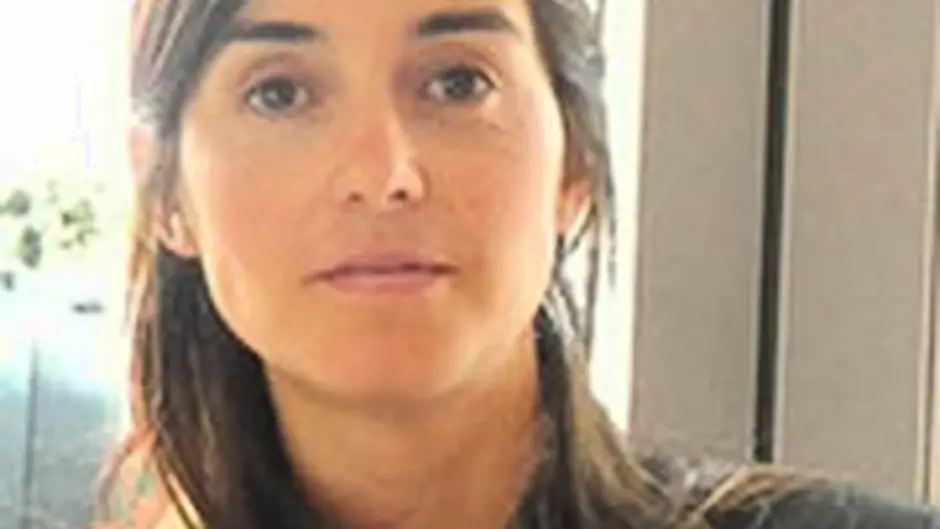Dunmanway is one of six European communities, across five countries, being surveyed to see how they engage with climate change.
By AISLING MEATH
DUNMANWAY is one of six European communities, across five countries, being surveyed to see how they engage with climate change.
The research is led by the ENTRUST project, with director Niall Dunphy and a team at UCC’s School of Engineering.
The project aims to create a better understanding of people’s attitudes to the energy system. Dunmanway was chosen for its experience in wind infrastructure.
Researchers have devoted considerable time engaging with different communities across Europe, through speaking with local people of different ages and social backgrounds.
As well as Dunmanway, the other locations that have been examined are Gracia, Barcelona in Spain, Le Trapeze, Paris in France, Secondigliano in Naples, Italy and Stokebridge, Knowsley in Merseyside in the UK.
Alexandra Revez, a postdoctoral researcher in UCC explained: ‘Social diversity has been important for comparing energy practices in different areas and attitudes to different technologies. We have included rural, suburban and urban communities in our research to explore potential differences in the way that energy and diverse energy technologies are perceived and have included communities that have specific experiences in relation to energy.’
‘For instance,’ she added, ‘Dunmanway has recent experience with wind energy infrastructure development, while La Trapeze is a relatively new eco-neighbourhood based on environmentally friendly housing development ideas. We are hoping to learn from their experiences both in terms of improving policies and ensuring fair and more socially responsible processes. It is important to learn about potential barriers as well as the benefits of implementing these projects.
‘For example, a wealthy community is more likely to adapt positively to new energy technologies regardless of price while less affluent communities will struggle to make this transition,’ she added.
‘The transition from fossil fuel energy to renewable energy also creates changes in the way energy is produced which can have a direct impact on the landscape, as for example in Dunmanway.’
Alexandra said that this was an issue that has proved divisive among local people and it is important to learn how people have perceived these changes both in positive and negative ways.
Over the last two years the researchers say they’ve had many valuable engagements with the community of Dunmanway. ‘We have also conducted a survey looking at the attitudes to different energy production technologies. A key message from these engagements is that we need stronger and more inclusive means of communication to raise greater awareness of the significant changes that are coming down the line,’ she told The Southern Star.









